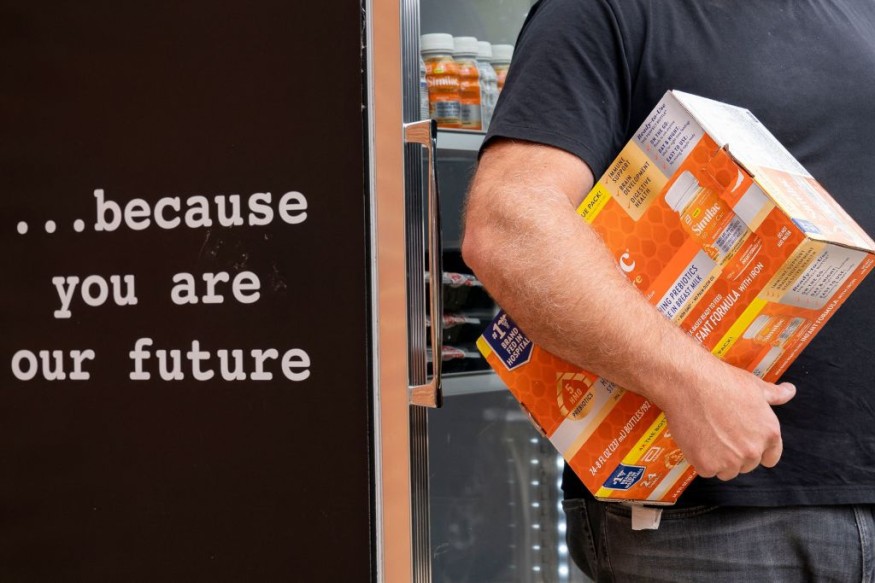Florida, Texas Among 15 States To Opt Out of Food Program for Children: What Does It Mean?

More than 8 million children in 15 states, including Florida and Texas, governed by Republican leaders, will miss out on a new US food aid designed to support families in need during the summer months.
The program, scheduled to commence this summer, aims to provide low-income families $120 per eligible child for purchasing food at approved retailers, including grocery stores and farmers' markets when school assistance is unavailable.
The deadline for states to opt into the program, approved by Congress with bipartisan support, was January 1, according to The New York Times.
This week, the federal Agriculture Department disclosed that 35 states, five US territories, and four tribal nations, primarily in Oklahoma, had enrolled in the US food aid, allocating $2.5 billion in federal funds for an estimated 21 million children qualifying for free or reduced-price lunches.
All 35 participating states were led by Democratic governors.
Along with Florida and Texas, other Republican-led states, including Alabama, Alaska, Georgia, Idaho, Iowa, Louisiana, Mississippi, Nebraska, Oklahoma, South Carolina, South Dakota, Vermont, and Wyoming, chose not to apply.
Some Republican governors cited concerns about the US food aid mechanics, administrative costs, ideological objections, and a lack of trust in the federal government as reasons for non-participation.
READ NEXT : Florida Teen Kills Sister After Argument
Florida Opts Out, Forfeiting Over $250 Million
Florida has opted out of the US food aid or the Summer Electronic Benefit Transfer Program for Children (Summer EBT), a federal initiative assisting low-income parents in covering grocery expenses over the summer.
Beginning in the summer of 2024, eligible families in participating states will receive $40 per month per child, WFSU noted.
However, Florida's failure to apply for the program resulted in forfeiting over $250 million in nutritional aid.
Mallory McManus, from the Florida Department of Children and Families, justified the decision, stating that the state already relies on successful government programs like SNAP and summer break spots.
"We anticipate that our state's full approach to serving children will continue to be successful this year without any additional federal programs that inherently always come with some federal strings attached," McManus said in an email.
The federal nutrition program could have aided over 2 million children in Florida, potentially generating up to $466 million in economic activity.
Texas Cites Timing Challenges
Texas also declined participation in the US food aid, citing challenges with the program's timing, KUT reports.
Lena Wilson, Assistant Commissioner for Food and Nutrition at the Texas Department of Agriculture, explained that the late release of program details in December hindered the state's ability to implement the initiative for the summer of 2024.
The USDA requires participating states to cover 50% of administrative costs; agencies have yet to request that funding.
Texas agencies responsible for implementing the program deemed it unfeasible for 2024 due to resource constraints, late guidance, and the need for legislative appropriations.
Despite the current challenges, Texas plans to collaborate with stakeholders to assess the possibility of participating in the Summer EBT program in the future.
The state must process applications for another food assistance program, adding to the hurdles in meeting the program's requirements.
This article is owned by Latin Post.
Written by: Bert Hoover
WATCH: Missouri opts-in to federal Summer EBT program one day before deadline - From KMOV St. Louis
Subscribe to Latin Post!
Sign up for our free newsletter for the Latest coverage!

















